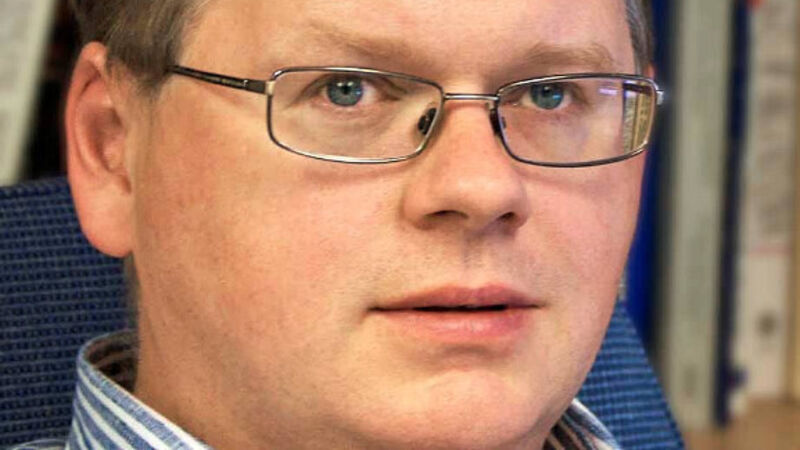Ireland is not paying ample tax — look at Danish model

In 2012, we collected 28.7% of GDP in tax. The EU average is closer to 40%. Taxing at the EU average the exchequer could have almost €18 billion more each year; taxing at Danish levels would suggest almost €32bn more.
Think about that for a little while and wonder how the country could spend that bounty on investment, debt pay downs, and increased social services.
















